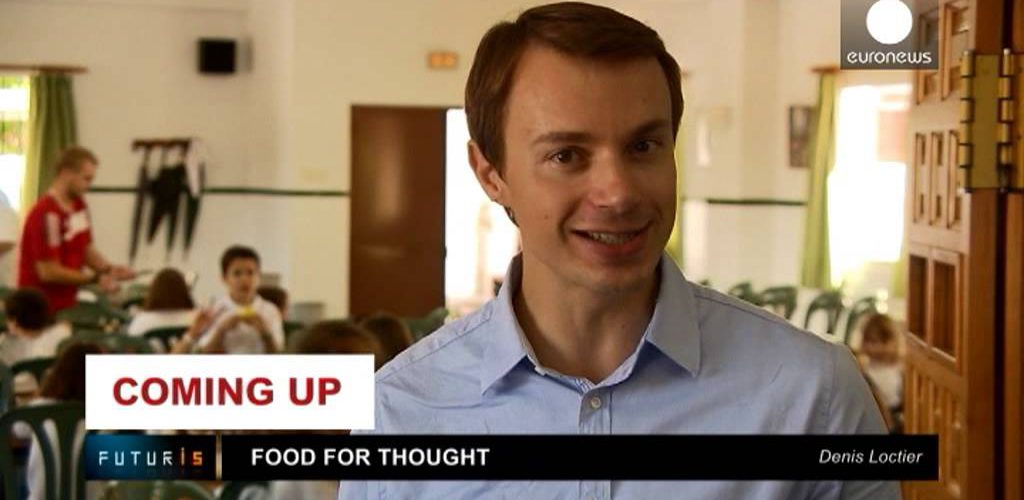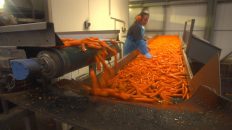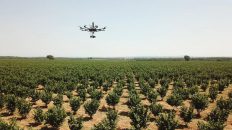We all know food plays a key part in our well being, and starting at a young age with the right nutrition helps lay solid foundations for healthy growth.
But can the right choice of food make children smarter too – is there such a thing as what has been called “brain food?”
In Granada in Spain one school is involved in a European Union research project that aims to find out how specific nutrients affect mental development and performance of infants, children and teenagers.
“We’re trying to investigate and demonstrate in this project that nutrition plays an important role during pregnancy and in the child’s early life,” explained Cristina Martínez-Zaldívar, a food technology scientist at the University of Granada School of Medicine.
Researchers gave food additives with different types of valuable nutrients to pregnant women taking part in the study to find out whether their children will, in average, do better psychologically than their peers.
The Granada experiments are just one example from a series of complementary studies in nine countries, totaling more than 15 thousand children.
The largest research project which is providing data to the joint knowledge base is taking place in Rotterdam. Researchers regularly conduct thorough medical examinations of mothers and children, taking their food habits into account.
“Pregnancy is, of course, a very important period, as the organs start to develop then, but also diet during later life will be studied. That starts with the breast feeding, but also includes how much snacks the child eat, how much fizzy drink it has, and even if child can be a picky eater or not – so that’s what we’re also relating to the development and behavior of the brain,” explained Henning Tiemeier who is Professor of Psychiatric Epidemiology at Erasmus MC.
The importance of good nutrition is impossible to deny. Thankfully, nowadays we’re eating rich and tasty vegetables, fruits and other foods all year round thanks to modern storage technologies. But how efficient are they?
Food-related studies make a significant part of a wide-scale European bio-economy research effort that also comprises agriculture and forestry, marine and maritime research, as well as bio-based industry projects.
In a research orchard near Leuven in Belgium, biologists grow many varieties of apples. Each kind needs it’s particular storage conditions to keep it fresh and tasty for months after harvesting.
“Freshly picked apples can go immediately to the consumer, within few weeks they’ll be very nice to eat. But if you want to provide them the year round – you will need a certain cold chain, with the right temperature and even gas composition conditions,” explained Pieter Verboven a researcher in post-harvest technology at KU Leuven.
Fruits and vegetables, seafood and other products remain safe and tasty as long as they haven’t accidentally warmed up at some stage between the factory and your kitchen. But maintaining a cold chain costs.
So researchers work with the industry collecting data to build an accurate model of energy expenditure at every stage of a cold chain.
Watching the temperature is important. – a bit too high and the shelf life of the frozen vegetables would be reduced, too low their texture would be damaged making them less tasty. With more research and innovation, these expenses can be reduced.
Web-based models developed within the research project should allow food manufacturers, transporters and retailers to analyse their segments of the cold chain, which might help to optimize the energy costs while preserving safety and quality of the products.
Researchers are looking into ways to make food last longer with less energy by finding optimal gas compositions, temperature regimes, and innovative technologies that can keep food cold without environmentally risky refrigerants.





